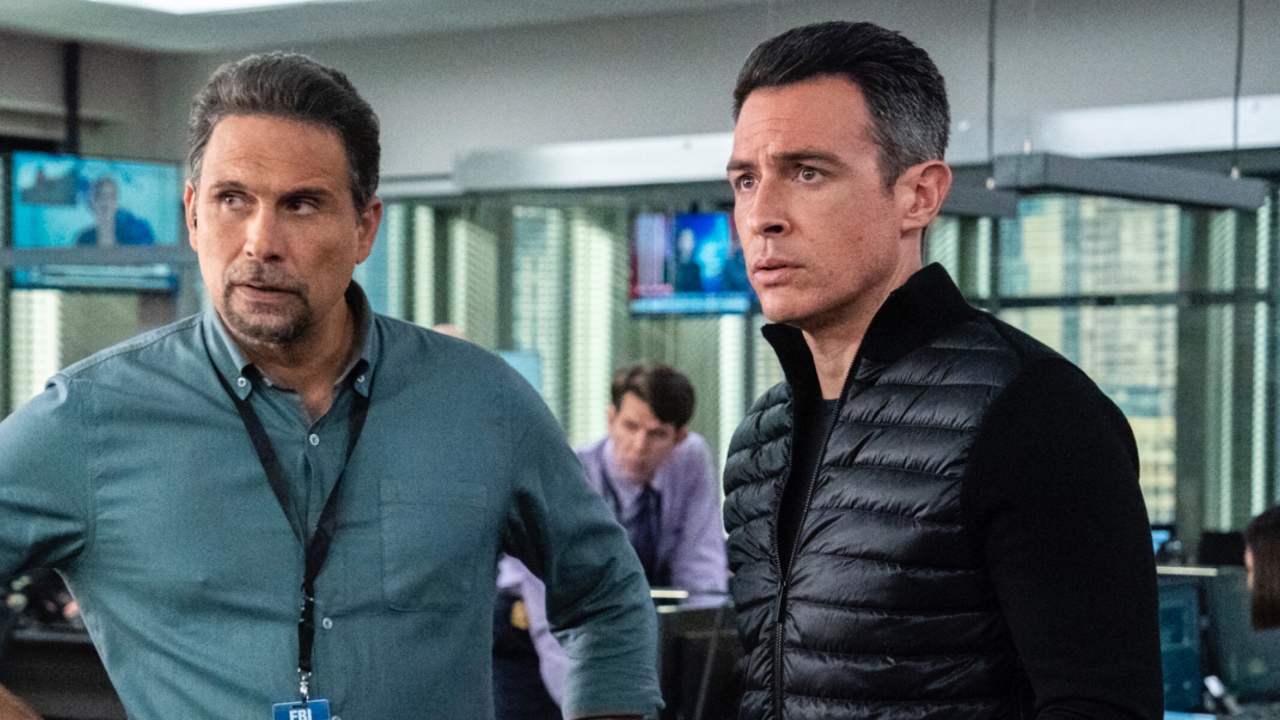Television
Editor's Picks
Latest about Television

CBS' FBI Is Bringing Back A Fan-Favorite, And We Might Finally Get An Update On The FBI: Most Wanted Team After The Cancellation
By Laura Hurley published
Time to revisit CBS' cancelled FBI spinoff!

Class Act Paul Walter Hauser Is Helping Out James Van Der Beek With His Cancer Bills In An Awesome Way
By Ryan LaBee published
Hauser is stepping up in a big way.

Where All The Couples From 90 Day Fiancé: The Other Way Season 7 Ended Up
By Mick Joest published
Here's how things shook out for each couple.

Lots of Haters Mad About The Matthew McConaughey Uber Eats Super Bowl Commercial: 'Holy F--k What An Obnoxious Ad'
By Ryan LaBee published
Alright, alright, al—please stop.

Just When I Thought The Tom Brady And Alix Earle Saga Was Over, An Insider Reeled Me Back In
By Erik Swann published
What's new with these two?

This New LEGO Bugs Bunny Set Is Perfect For Looney Tunes Fans, But What's Up With Those Eyes?
By Philip Sledge published
What's up, Doc?

‘This Will Probably Piss People Off’: 9-1-1 Boss Shares His Honest Take On Buck And Eddie’s Relationship
By Megan Behnke published
Will "Buddie" ever get off the ground?

Tom Welling On Why He Left LA For A Smallville
By Carly Levy published
Guess we should keep calling him “Smallville.”
CINEMABLEND NEWSLETTER
Your Daily Blend of Entertainment News
LATEST ARTICLES



